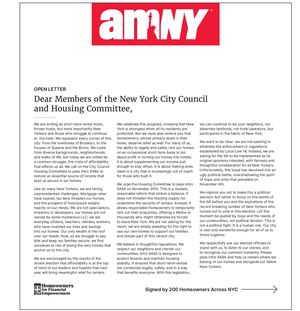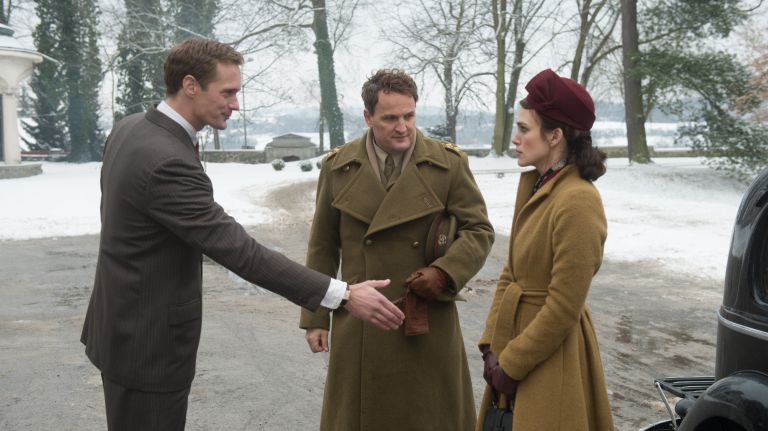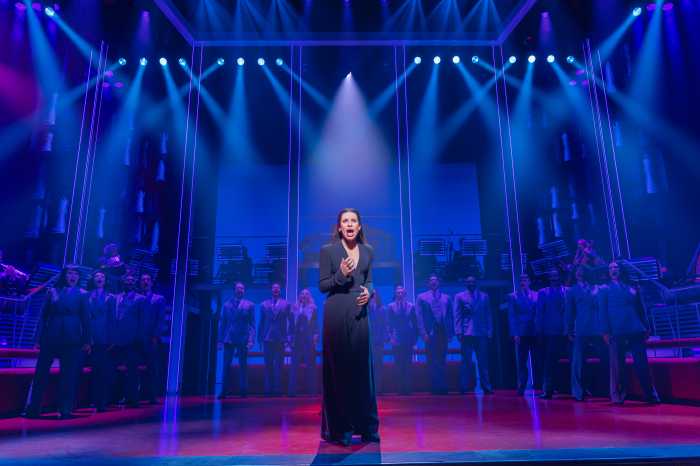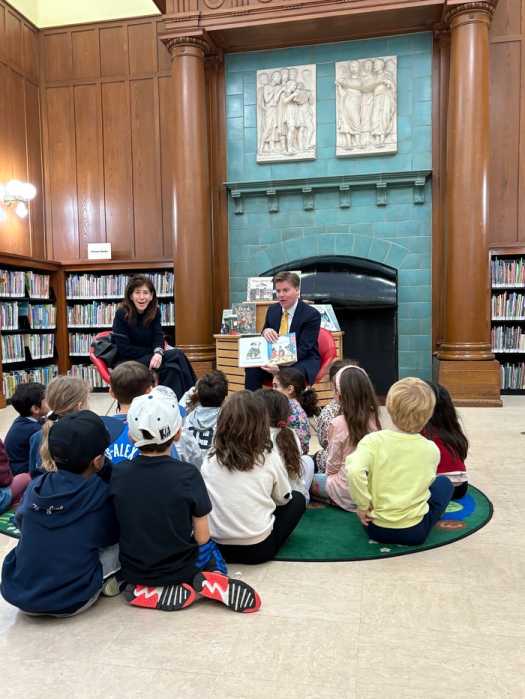
‘The Aftermath’
Directed by James Kent
Starring Keira Knightley, Jason Clarke, Alexander Skarsgård
Rated R
Here is one of life’s truths: If Keira Knightley is in the movie, it isn’t all bad.
“The Aftermath” tests this theory. It is a ridiculous soap opera with precious little action and two leading men in a race to see who can be least interesting. The trailers promise postwar intrigue, the film itself is a muted meditation on grief.
But at the center is Knightley. There she is at the piano bathed in pre-dawn light. There she is looking exquisite at a party as an English colonel’s wife. There she is, suddenly (albeit preposterously) overcome by lust right there on the kitchen table. She’s a Golden Age movie star that somehow ended up in our era, so we must take our victories where we find them.
Directed by James Kent (whose last feature, “Testament of Youth,” starred the store-brand Keira Knightley, Alicia Vikander) and adapted from Rhidian Brook’s novel, “The Aftermath” is set directly after World War II, hence the surface interpretation of the title. Col. Morgan (Jason Clarke) is a high-ranking official tasked with rebuilding Hamburg, and quelling the dying embers of the “Werewolf” resistance.
His wife Rachael (Knightley) joins him as they move into the large estate owned by a Herr Lubert (Alexander Skarsgård), a wealthy architect who doesn’t seem to have any definitive Nazi connections. The colonel feels bad about kicking Lubert and their preteen daughter out, so allows them to stay in the attic.
Is it because the colonel is a good man brimming with forgiveness, or is it just because he can’t bear to be alone with his wife? The pair have never really dealt with the death of their son, killed during the Blitz bombing. The coldness felt in their marriage is contrasted with hot looks Rachael and Lubert start giving each another. (How could they not?! Have you seen what they look like?!) When Lubert shares that his wife was also killed in a bombing, they bond.
Call it survivor’s guilt or nationalist remorse or maybe the pair just turn each other on. Either way, Knightley and Skarsgård quickly come together to experience the thrills of Lower Saxony.
I kept expecting a twist in “The Aftermath.” That Lubert was really a Nazi, or the colonel had secret Teutonic titillations of his own. Even by “Masterpiece Theater” standards this is a letdown. It looks nice (the old piano! the gowns!), but this aftermath doesn’t add up to much.







































